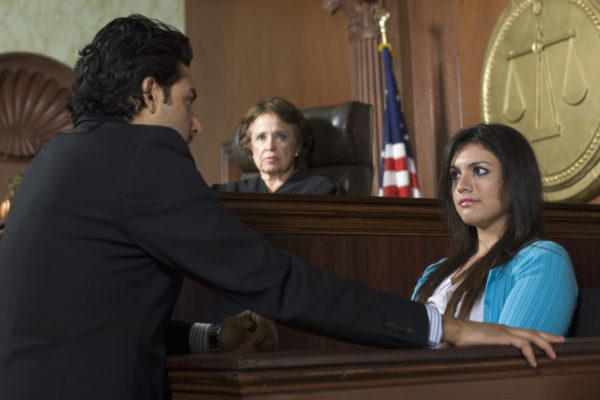Misinformation may improve event recall, study finds
Research on eyewitness testimony has shown that false details put forth during an interrogation can lead some people to develop vivid memories of events that never happened. While this “false memory” phenomenon is alive and well, new research suggests that a bit of misinformation also has potential to improve our memories of past events — at least under certain circumstances.
Scam artists exploit elders’ vulnerability to false memories
Older folks can be swayed by the power of suggestion.Especially if you’re older, get everything in writing, from estimates to receipts. Psychologists at Washington University in St. Louis report that the memory function of people in their mid-60s and up is easily swayed by the power of suggestion, making them more vulnerable to memory-related scams. Their study appears in the May 2005 issue of the Journal of Experimental Psychology (JEP): General, which is published by the American Psychological Association.
High-profile celebrity trials test lawyers’ skills with ‘unique set of challenges’
Photo courtesy of the Santa Barbara County Sheriff’s DepartmentJury selection will be at issue in the Jackson trial.From Michael Jackson, Martha Stewart and Phil Spector to Kobe Bryant and Jayson Williams, celebrity criminal trials continue to be top news items. But as the spotlight on these trials intensifies, attorneys representing celebrities are presented with a unique set of challenges, says Christopher Bracey, an expert in the fields of criminal rights and criminal process and an associate professor of law at Washington University in St. Louis. “Instead of focusing solely on preparing a strong legal defense, these attorneys are dealing with issues such as client management, tainted jury pools and misinformation.”

